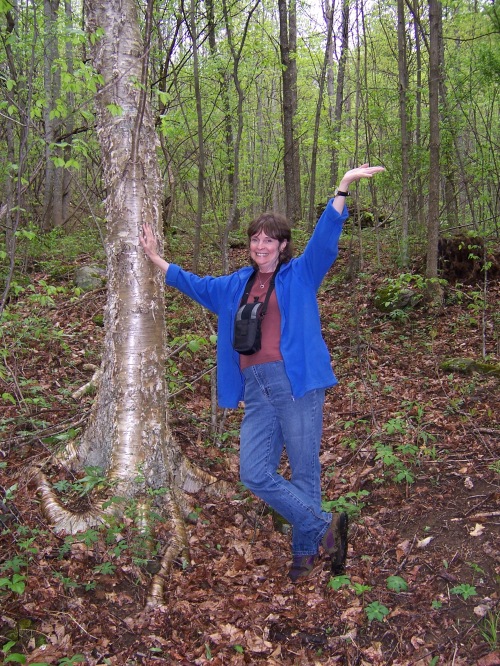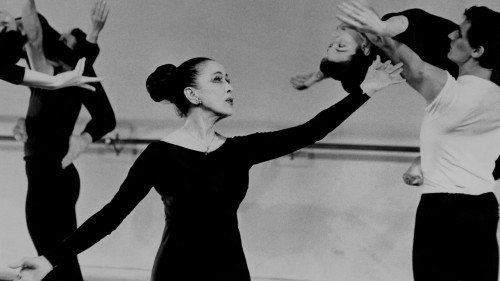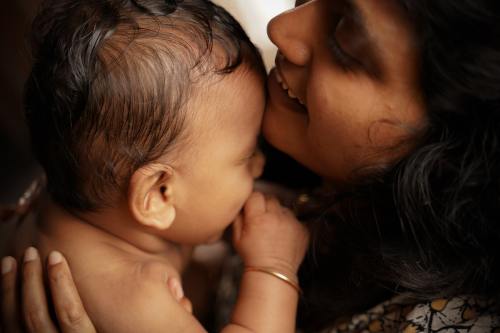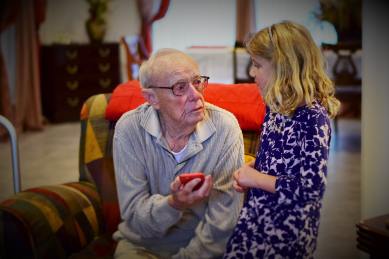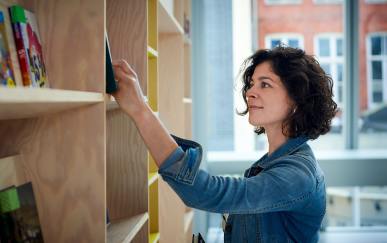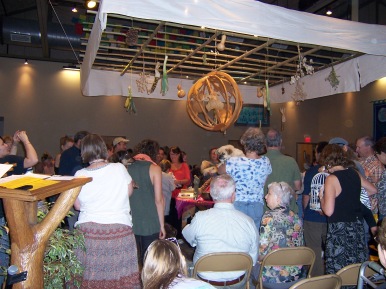“When we begin to desire a thing, to yearn for it with all our hearts, we begin to establish relationship with it in proportion to the strength and persistency of our longing and intelligent effort to realize it.” Orison Swett Marden
For what do you yearn? Does it enliven or depress you? How do you deal with it?
(Thanks to Joanne for our topic today. She must have been reading my mind because, when I thought about “y” words, this was the first one that came to me. Thanks to all of you who offered words. Next week’s topic will start with a “Z” so please leave your ideas under comment. Many thanks!)
Yearning is a very personal experience, but I suspect there is one thing for which we all yearn no matter how different our beliefs or politics. We all want Covid in its various forms to disappear.
Yearning may lead us to take actual steps to get what we want or it may lead us to be depressed when what we yearn for is not in our reach. Yearning for what we want may not always take us directly to the place where we had imagined our desire would be met, but that “in between” place may be a valuable part of the journey.
Doing What Is Necessary
When I had Chronic Fatique Syndrome years ago, I certainly didn’t want to move to the dry west, but that’s where I needed to be in order to heal.
Within four years I returned to good health, but I also received gifts along the way that I had not expected. I developed a deep, loving relationship with a man that was not romantic. I had not known that to be possible. I was exposed to new cultures and beautiful art that was different from any I had seen before. Most of all, I was exposed to eastern religious practices like meditation that helped heal me and became a valuable part of my life.
As a result of taking this step, I was able to then move to the mountains where I had desired to live for a long time. Now I currently live surrounded by the beauty of nature I most love with friends who share my spiritual and political values.
Negative Yearning Does Not Help Us
So often, though, we yearn for things we believe are impossible to attain. If we believe it is impossible, we won’t make the effort to find out if it really is possible.If we have a strong desire, not acting on it may lead to depression, which will become another obstacle to overcome.
One of the greatest modern dancers of all times was Martha Graham. She had a different approach to dance movement that did not always please people. I’ve been reading her autobiography and did not realize how much difficulty she encountered. But she was persistent because dance enlivened her. It was her calling, so she was willing to struggle. She would not stop dancing. Along the way, she was often surprised by the people who offered her work or artistic help so that she was able to create the dances she wanted. These people saw her brilliance.
Is Our Yearning Good For Us?
When we yearn for something we do not have, we need to seriously assess if it is something that is good for us. Yearning for drugs to make us high is clearly not good for us. Eating enormous amounts of carbs will put way too much weight on us. Having an affair when we are married is certainly a bad choice. Yearning for what will clearly harm us requires that we let go of that yearning or see a professional who can help us release that desire.
When we yearn for something, we always need to ask, “If I succeed in getting this, would it be good for me?” If the answer is no, then we need to release that desire, and if necessary, find the help to do so.
But if getting what we yearn for would be good for us and improve our lives, then we should find the courage to explore making what we yearn for a reality.
May your yearning lead you to wonderful experiences!
© 2021 Georganne Spruce
Related Blog Posts:

